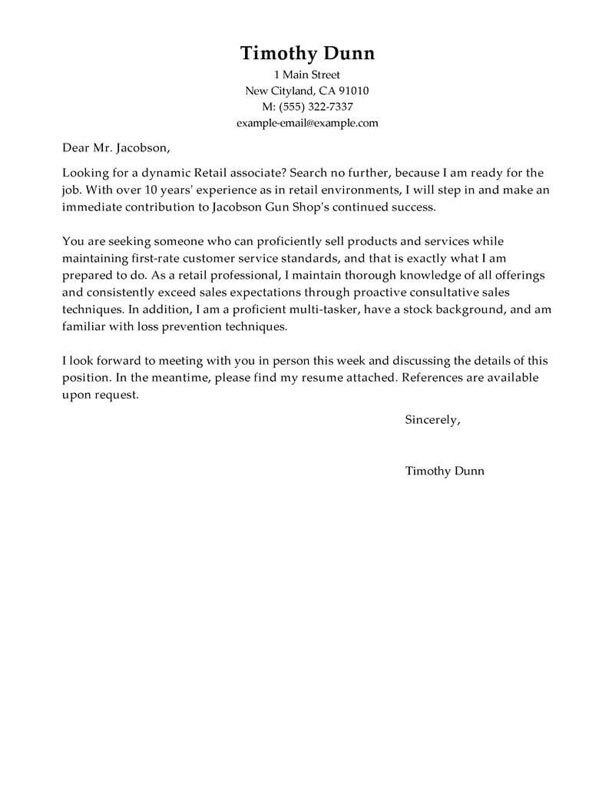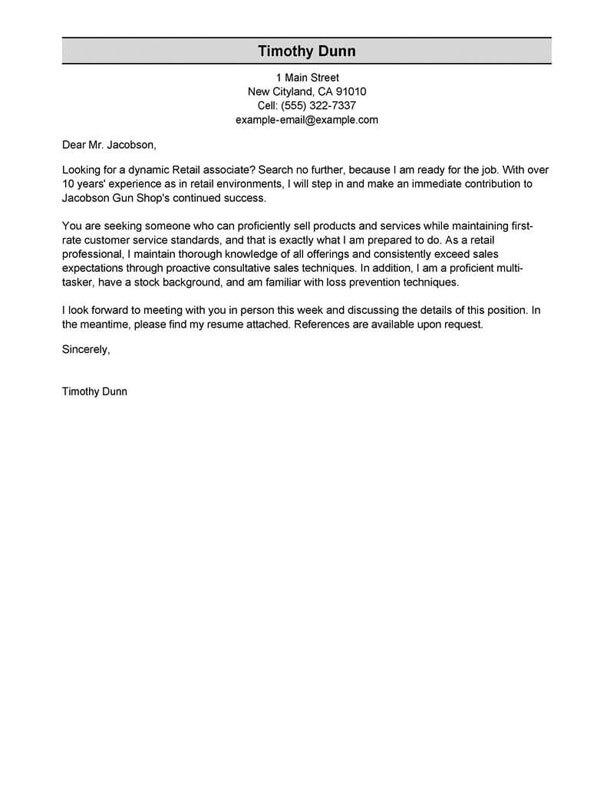TABLE OF CONTENTS
Clinical Pharmacist resume summary examples
Most hiring managers only do a seven-second scan of your resume. If they don’t see what they’re looking for in your professional summary, they’re probably skipping to the next person.
A professional summary is a two-to-three-sentence paragraph that sells your top achievements as a Clinical Pharmacist and best qualifications for the job at hand.
Recent grads, career-changers and those without much work experience would be better served by writing an objective statement which mentions your goals for a position and the skills that you do have.
Below, we’ll share examples of Clinical Pharmacist professional summaries for different job candidates.
Good example:
“A highly experienced Clinical Pharmacist with 10+ years of experience in the field. Skilled in providing medication therapy management, developing and monitoring patient medication plans, and improving patient outcomes. Adept at collaborating with physicians and other healthcare professionals to ensure the best possible patient care.”
Why this example passes:
- Feature candidate’s success statistic to grab attention. Numbers add detail about how big the results you deliver are, e.g., test scores, passing rate and more.
- Shows career length, 11 years.
- Mentions employer-desired skills: student motivation and interactive lessons.
Bad example:
“ Highly motivated Clinical Pharmacist with excellent communication and interpersonal skills. Experienced in managing pharmacy operations and providing customer service. Passionate about providing quality care to patients.”
Why this example fails:
- Doesn’t include any numbers that quantify clinical pharmacist’s performance
- Uses vague descriptions and skills.
- Doesn’t include years of teaching experience.
The fastest way to write your professional summary
The last thing you want is to miss out on a job because you didn’t apply in time. That’s why you should check out our Resume Builder.
It’s automated and offers pre-written content to help you write an excellent professional summary. You can complete your entire resume in 15 minutes!
- 1
Enter the details about the job title you held. The builder comes preloaded with auto-suggested phrasing written by resume experts.
- 2
Then, just pick from these suggested phrases that best frame your experience and customize them to your liking!
- 3
All you have to do is choose the summary phrases that best frame your experience. It’s like having a professional do it for you!
Our Builder is the quickest and easiest tool for writing a stellar Clinical Pharmacist resume. However, you can also dive deeper with our professional resume-writing services. Take advantage of all the tools LiveCareer offers and start landing interviews!
The reviews are in!
See what they're saying about us on Trustpilot.
Clinical Pharmacist resume work experience examples
As an Clinical Pharmacist, your work experience section is crucial to convince employers you’re the best candidate. Picking job-relevant skills and achievements is vital to write a good resume since they must directly respond to the employer’s needs. The following work experience examples will help you identify the do’s and don’ts of writing this essential resume section.
Good example:
Johnson Consulting I Rolling Meadows, IL I 8/2018-current
- Managed the day-to-day operations of a clinical pharmacy, including ordering, stocking, and compounding medications
- Ensured accuracy of patient records and provided detailed information to physicians regarding drug interactions and contraindications
- Educated patients on proper use of medications and potential side effects
- Collaborated with healthcare teams to develop and implement medication protocols and policies.
Why this example passes:
- Numbers and statistics add detail and quantify the results this clinical pharmacist delivers: 4% improvement and a class size of 20-25.
- Good use of strong words and active language.
- References specialized value cahier provides with “individualized lesson plans.”
Bad example:
Malone Group I Redmond, WA I 4/2022-present
- Answered patient questions about medications
- Filled prescriptions
- Stocked shelves
- Assisted customers with purchases
Why this example fails:
- Lacks numbers or statistics.
- Describes general tasks, not teaching achievements or career highlights.
- Uses active verbs, but doesn’t focus on results.
Clinical Pharmacist resume skills examples
Here are 18 sample skills for clinical pharmacist:
- Inventory Management
- Clinical Documentation
- Staff Supervision
- Supply Coordination
- Team Development
- Patient Care Optimization
- Delivery processing
- Privacy and confidentiality
- Safety programs
- Drug utilization evaluation
- Drug therapy selection
- Clinical consultations
- Dosage requirements
- Compounding and dispensing
- Physician consultation
- Error prevention
- Order dispensing
- Patient education and counseling
You should sprinkle skills and abilities throughout your resume. Include them in your professional summary, work experience blurbs and a dedicated skills section.
Examples of additional resume sections
Every Clinical Pharmacist resume should have at least five sections: contact information, professional summary, work experience, skills and education. It can also be helpful to add extra sections if they show you’re a fit for the job.
Here are some examples of optional clinical pharmacist resume sections that you could add to provide greater detail:
- Languages
- Certifications
- Accomplishments
- References
- Additional skills
- Additional information
- Interests
- Software
Only include additional sections that feature valuable information for your desired Clinical Pharmacist job. If the information you want to add is irrelevant to the job, save that space for more relevant information.
How to choose a resume format
0-3
Years of experience
Functional formats
- Focus on skills.
- Best for first-time clinical pharmacist who lack work experience.
- Good for people re-entering workforce.
- May omit dates in the work history section.
Organization:
- Skills listed above work experience.
3-10
Years of experience
Combination formats
- Balance skills and work history.
- Ideal for mid-career clinical pharmacist.
- Suitable for career changers and people seeking promotion.
Organization:
- Skills next to or above work experience.
10+
Years of experience
Chronological formats
- Put the most focus on work history.
- Best for clinical pharmacist with a long, steady career.
- Most popular format.
- Preferred by recruiters.
Organization:
- Work experience listed above skills.
Once you know the best format for you, it’s easy to pick a clinical pharmacist resume template. Templates are preformatted layouts created by design professionals to ensure your resume looks amazing!
More Clinical Pharmacist resume examples
Featured in:*

*The names and logos of the companies referred to in this page are all trademarks of their respective holders. Unless specifically stated otherwise, such references are not intended to imply any affiliation or association with LiveCareer.





